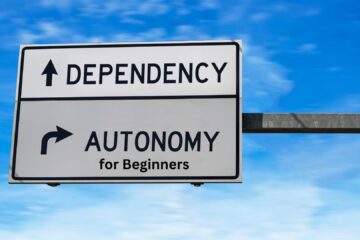In a recent „Radio Tipping Point“ episode, my conversation with Elias Crim and Pete Davis about their „Lost Prophets“ project proved particularly illuminating. The concept itself – individuals ahead of their time, often embodying a Renaissance-like holistic approach – sparks immediate intrigue. It’s a reminder that intellectual progress isn’t always a linear march and that wisdom can lie dormant, awaiting rediscovery.
What do these „lost prophets“ signify to me? Their relevance touches on several key aspects of my own thinking:
Firstly, they subtly challenge the contemporary assumption of intellectual supremacy. It’s easy to assume our current vantage point offers the ultimate clarity, but the existence of these forward-thinking individuals from the past suggests otherwise. It prompts a necessary humility, a quiet acknowledgment that our present paradigms may not be the final word – a notion that occasionally escapes me when I’m particularly pleased with a recent insight (which, upon further reflection, often turns out to be a rehash of something someone else said centuries ago). Engaging with the lost prophets encourages a broader historical perspective, reminding us that the landscape of thought is far more varied than our immediate surroundings might suggest.
Secondly, they serve as a potent, if sometimes daunting, source of inspiration. Their ability to connect disparate fields and envision novel possibilities pushes me to consider my own creative endeavors with a more expansive lens. How might I break free from conventional approaches? What overlooked connections might hold the key to fresh perspectives? Their example is a gentle nudge to venture beyond familiar intellectual territories, even if my initial forays occasionally resemble a slightly lost tourist in an unfamiliar city.
Ultimately, the spirit of the lost prophets acts as an aspirational benchmark. Their intellectual curiosity and courage to challenge prevailing norms are qualities I deeply value and strive towards. They represent a commitment to a lifelong pursuit of understanding, a willingness to see beyond the immediate horizon. While I may not always reach their lofty heights, their example provides a valuable direction, a reminder of the intellectual potential that lies beyond the well-trodden paths.
Exploring the „Lost Prophets“ with Elias and Pete was a valuable exercise in perspective-taking. It highlighted the enduring relevance of unconventional thinkers and the importance of remaining open to ideas that may initially seem out of sync with the present. Perhaps, by carefully listening to these echoes from the past, we can better navigate the complexities of our own time.



















